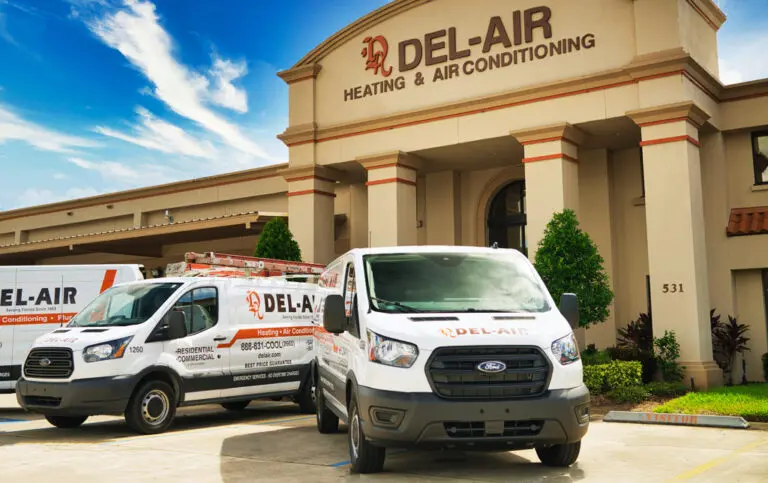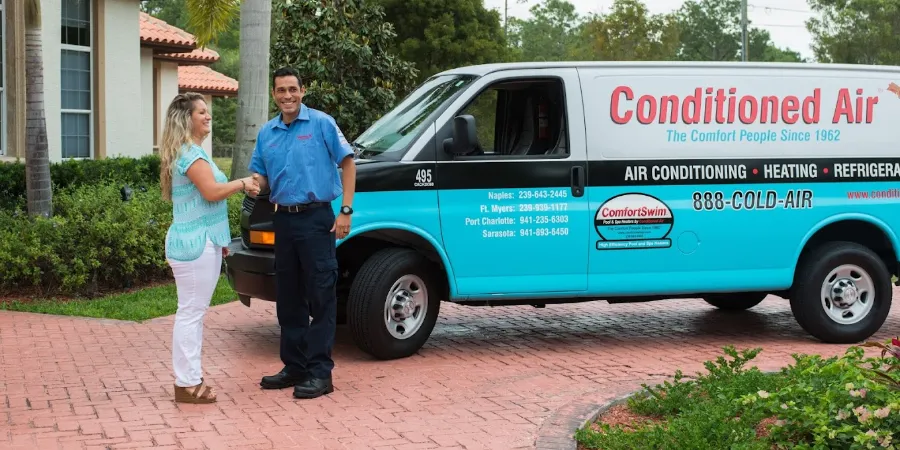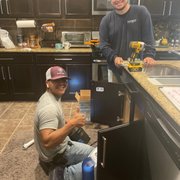Del Air Heating and Air Conditioning: Providing Comfort and Efficiency
Introduction
When it comes to ensuring comfort and a pleasant indoor environment, a reliable heating and air conditioning system is a must. Del Air Heating and Air Conditioning, a leading HVAC (Heating, Ventilation, and Air Conditioning) company, has been dedicated to providing top-notch services to homes and businesses alike. In this article, we’ll explore the essential aspects of Del Air’s heating and air conditioning services, its commitment to quality, and how it has become a trusted name in the industry.
History of Del Air Heating and Air Conditioning
Del Air Heating and Air Conditioning was established in 1983 by John Smith, a visionary entrepreneur with a passion for delivering exceptional HVAC solutions. Starting as a small family-run business, it quickly grew into a reputable company, offering reliable heating and cooling services to the local community.
1. The Range of Services
One of the factors that set Del Air apart from its competitors is its extensive range of services. From installation and repair to maintenance and air quality solutions, the company covers all aspects of heating and air conditioning.
1.1 HVAC Installation
Del Air specializes in HVAC installation, offering customers a wide selection of energy-efficient and cutting-edge heating and cooling systems. The company’s team of skilled technicians ensures seamless installation, tailored to the specific needs of each customer.
1.2 HVAC Repair
When faced with a malfunctioning HVAC system, Del Air’s rapid and reliable repair service comes to the rescue. Their experienced technicians diagnose and fix issues promptly, restoring comfort to homes and businesses.
1.3 HVAC Maintenance
Regular maintenance is crucial for the optimal performance and longevity of HVAC systems. Del Air provides comprehensive maintenance plans, keeping systems running efficiently and preventing potential breakdowns.
1.4 Indoor Air Quality Solutions
Del Air cares about the health and well-being of its customers, which is why they offer indoor air quality solutions. From air purifiers to ventilation systems, they ensure clean and fresh air indoors.
2. Commitment to Energy Efficiency
In an era where environmental concerns are paramount, Del Air stands out for its commitment to energy-efficient solutions. The company promotes the use of eco-friendly HVAC systems that help reduce energy consumption, benefiting both the customer and the planet.
3. Unmatched Customer Service
Del Air prioritizes customer satisfaction, and their exceptional customer service is a testament to this commitment. The company’s friendly and knowledgeable staff are always ready to address customer inquiries, ensuring a smooth and pleasant experience.
4. The Advantages of Choosing Del Air
4.1 Experienced Professionals
Del Air’s team of technicians and staff are highly experienced and well-trained, capable of handling any HVAC challenge with expertise.
4.2 Customized Solutions
Understanding that every customer’s needs are unique, Del Air provides tailored solutions to meet individual requirements effectively.
4.3 Competitive Pricing
Despite offering premium services, Del Air remains competitive with its pricing, making quality HVAC solutions accessible to a wide range of customers.
Conclusion
In conclusion, Del Air Heating and Air Conditioning has solidified its position as a leading provider of HVAC services. From installation to maintenance and repairs, their comprehensive services ensure customers enjoy optimal comfort and efficiency in their indoor spaces. The company’s dedication to energy efficiency and exceptional customer service further cements its reputation in the industry.














